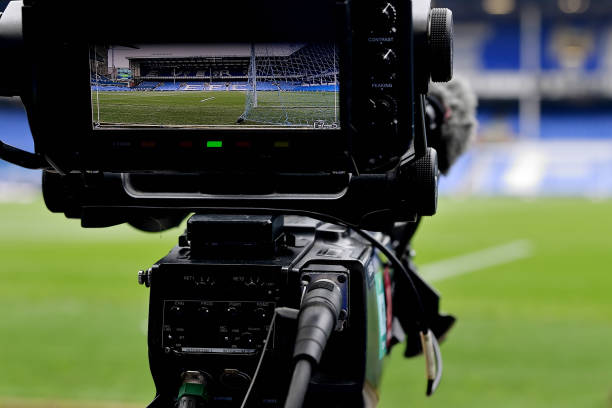The battle against football piracy has been raging on for a long time now and the recent remarks from La Liga president Javier Tebas, has sparked debate with his controversial remarks likening online football piracy to serious crimes like drug trafficking and child exploitation. He stressed the detrimental impact of piracy on legitimate broadcasters and football clubs, sparking discussions on the need for stronger measures to combat the issue. While some criticize Tebas for the comparison, others support his call for increased awareness and action against illegal streaming.Tebas’ remarks have also highlighted the ongoing battle between rights holders and illegal streamers, with the Premier League blocking nearly 200,000 illegal streams of its content during the 2017-2018 football season. Despite the challenges, companies like Irdeto are working to locate and remove illegal streams, aiming to frustrate pirate consumers and drive them back to legal means.
The history of football piracy traces back to the early days of broadcasting, evolving with the internet and digital technology. Unauthorized transmissions and recordings have morphed into a multi-million euro issue, with dodgy streaming sites and peer-to-peer platforms facilitating access to illegal content. Despite the risks of malware and legal consequences, individuals continue to opt for unauthorized sources, exacerbating the industry’s revenue loss.
Past legal actions against piracy have yielded mixed results, with successful prosecutions but persistent challenges in controlling pirated content. Notably, five men were jailed for more than 30 years for their involvement in a network that illegally streamed Premier League football matches. The individuals were found guilty of conspiracy to defraud, money laundering and contempt of court. They operated under the names Flawless, Shared VPS, and Optimal, streaming matches and other content to over 50,000 customers and resellers, making more than £7 million over a five-year period.
Steven King, who was sentenced to prison for seven years and four months in 2019, was the mastermind behind a streaming operation. He was ordered to pay back £963,000 to the public purse by Warwick Crown Court or face an extended sentence. This case highlighted the criminal nature of supplying illegal streams and the serious consequences faced by those involved in piracy-related crimes.
The future of football piracy remains uncertain amidst technological advancements and the rise of online streaming platforms. As the industry confronts digital challenges, collaborative efforts are imperative to protect the sport’s integrity and financial viability. Through proactive measures, the football community can confront piracy and ensure its longevity for generations to come.




